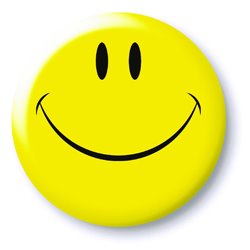Attitude is defined by practitioners of psychology, insiders and
experts, according to online sources and handbooks, as a 
hypothetical construct, concept tyring to example and referring to
what people prefer, like, admire, or not. What we think, believe,
decide and act out, upon etc.
Different types of attitudes can include positive, negative or
neutral views of something or somebody. It could pertain to a
particular individual, group of people, acts or occurences,
happenings and events in and surrounding our lives and realities.
So, it says something about how and what we choose to interact with
and do in the world, with others. There can be ambivalance between
totally positive, somewhat negative and everything in-between and
beyond these extremes. You could experience as an individual BOTH,
simultaneously positive and negative thoughts, emotions, attitudes.
How we see, judge, interpret, assess, value etc. all influence and
manifests our attitudes . Psychologists and behaviourists refer to
this as the ABC sequnece or model of behavior/acting: first: affect
second: behavior, habits that change and thirdly: cognition,
knowledge, understanding.
These physiological responses are stemming from survivalist and
other related instincts, learned behaviors and interaction with
environemtn and others – somewhat of a product of evolution. Our
preferences or attitudes help us deal with life and shows what we
want and do not want. Evaluation and verbal intent, observational
learning all play into our attitudes, positive and/or negative,
which in turn effects and impacts our actions/behavior, some of
which is and can be at times quite negative, suspicious, even
irrational.
Attitudes can change based on our experiences, learning, maturity,
practice, which suggests that we can actively choose to be
postitive or negative or both. IT is an act of our will, again
showing what sets the humans apart. We sometimes give in to
persuasion or influence. Here are some factors that can have an
impact on our attitudes: intelligence, self-esteem, mood,
expertise, trust, credibility, attractiveness, how information is
shared, hidden agendas and motives sometimes enables, sometimes
undermines attitudes. According to Carl Jung, his definition of
attitude is a “readiness of the psyche to act or react in a certain
way”. In short this is how you orient yourself to the world and
others around you, interact and live.
1. Positive Attitude Mindset
2. Positive Environment
3. The Words That You Said I will encourage people to consider using these 3 methods to always think positively. Only positive people will bring happiness and prosperity to their life.
Have a nice day
